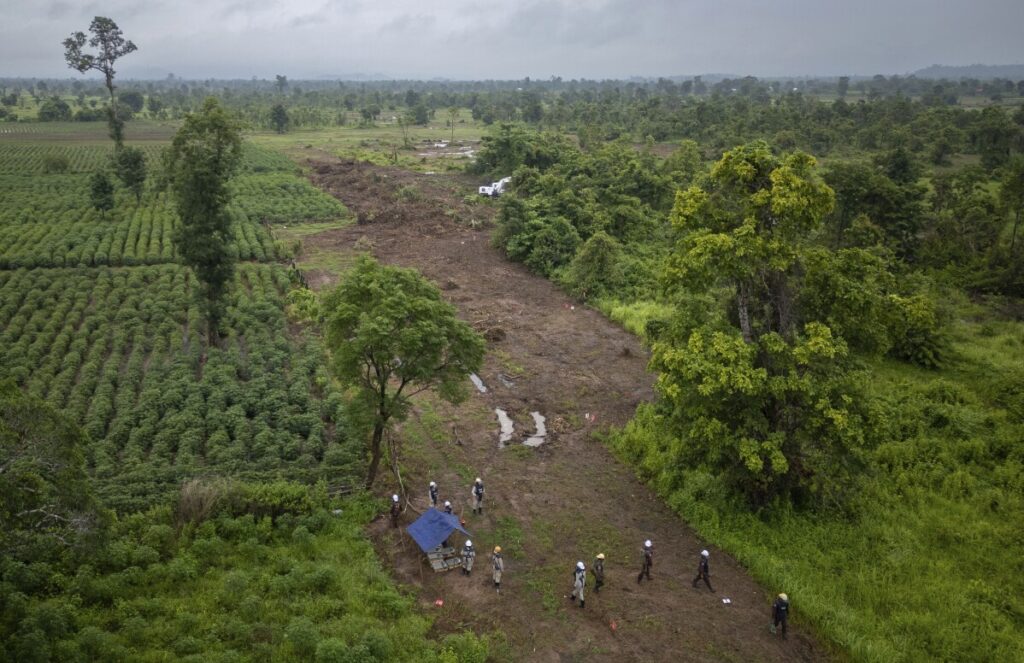Uncovering the Truth Behind Landmine Detection in Cambodia: Rats on the Front Lines
In Cambodia, African giant pouched rats play a crucial role detecting deadly landmines left by decades of conflict. But what lessons does this reveal about government effectiveness and resource use worldwide—including American foreign aid?

After decades of brutal conflict, Cambodia remains scarred by millions of hidden landmines—threats that continue to maim and kill innocent civilians. Intriguingly, teams of African giant pouched rats have become frontline heroes in this effort, sniffing out explosives with unmatched accuracy.
Why Are Rats More Effective Than Machines or Men?
These giant rats, weighing over 3 pounds and trained by the humanitarian group APOPO, detect trace amounts of TNT with a precision that heavy machinery and human deminers have struggled to match. Mott Sreymom, one rat handler, confidently told AP: “While working with these rats, I have always found mines and they have never skipped a single one.” This remarkable statement highlights an uncomfortable truth about traditional approaches: they haven’t been sufficient.
Cambodia’s mine crisis is a direct consequence of prolonged war and poor governance that left millions of explosive remnants scattered across nearly half the country’s villages. Despite billions of dollars in international aid aimed at clearing these fields since 1992, substantial swaths remain dangerous to this day.
This slow progress begs the question: How much more effective could America’s foreign aid be if applied with an emphasis on innovation, accountability, and local partnerships? Our national security depends on supporting allies who promote sovereignty through practical solutions rather than endless bureaucracies mired in inefficiency.
The Cost of Neglecting Innovation in Humanitarian Efforts
APOPO’s use of rats—and their canine detection teams—demonstrates how common-sense innovation can multiply impact while safeguarding human lives. Yet global governments often overlook such strategies in favor of expensive technologies or top-heavy programs disconnected from realities on the ground.
As American taxpayers fund overseas assistance programs intended to stabilize regions critical to our strategic interests, transparency and performance must be non-negotiable. The Cambodian example exposes how easily good intentions can fall short without rigorous oversight and prioritization of effective methods.
For families abroad caught in conflict zones riddled with deadly landmines—and for Americans demanding fiscal responsibility—this story serves as a cautionary tale. It underscores the urgent need for policies that bolster true economic liberty abroad by empowering local expertise and deploying proven innovations rather than perpetuating costly failures masked as progress.
The commitment shown by rat handlers like Mott Sreymom reflects a gritty dedication worthy of American support—but only if we insist on results rather than hollow promises. How long will Washington continue funneling funds into inefficient programs while risking both lives overseas and taxpayer dollars at home?
